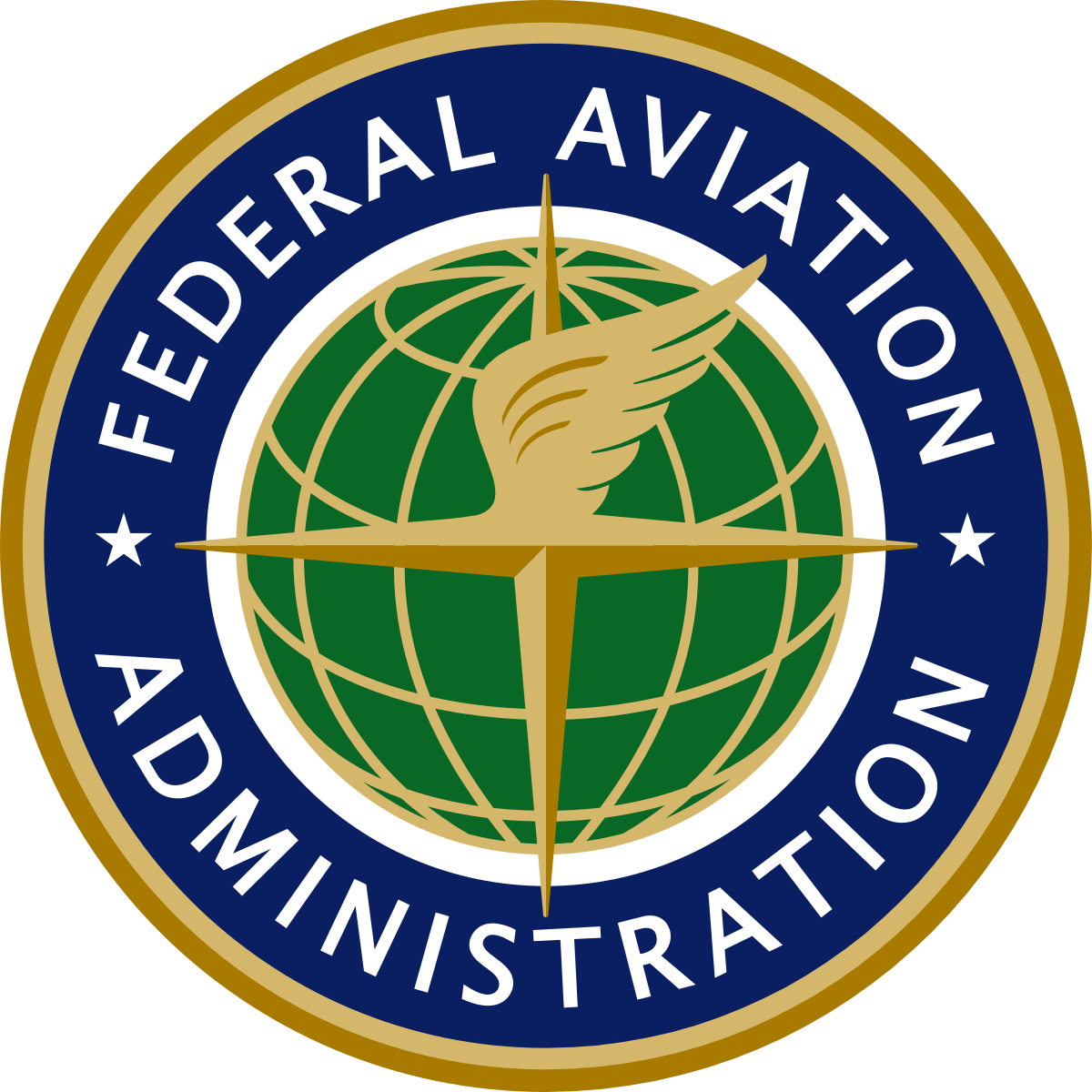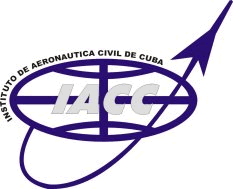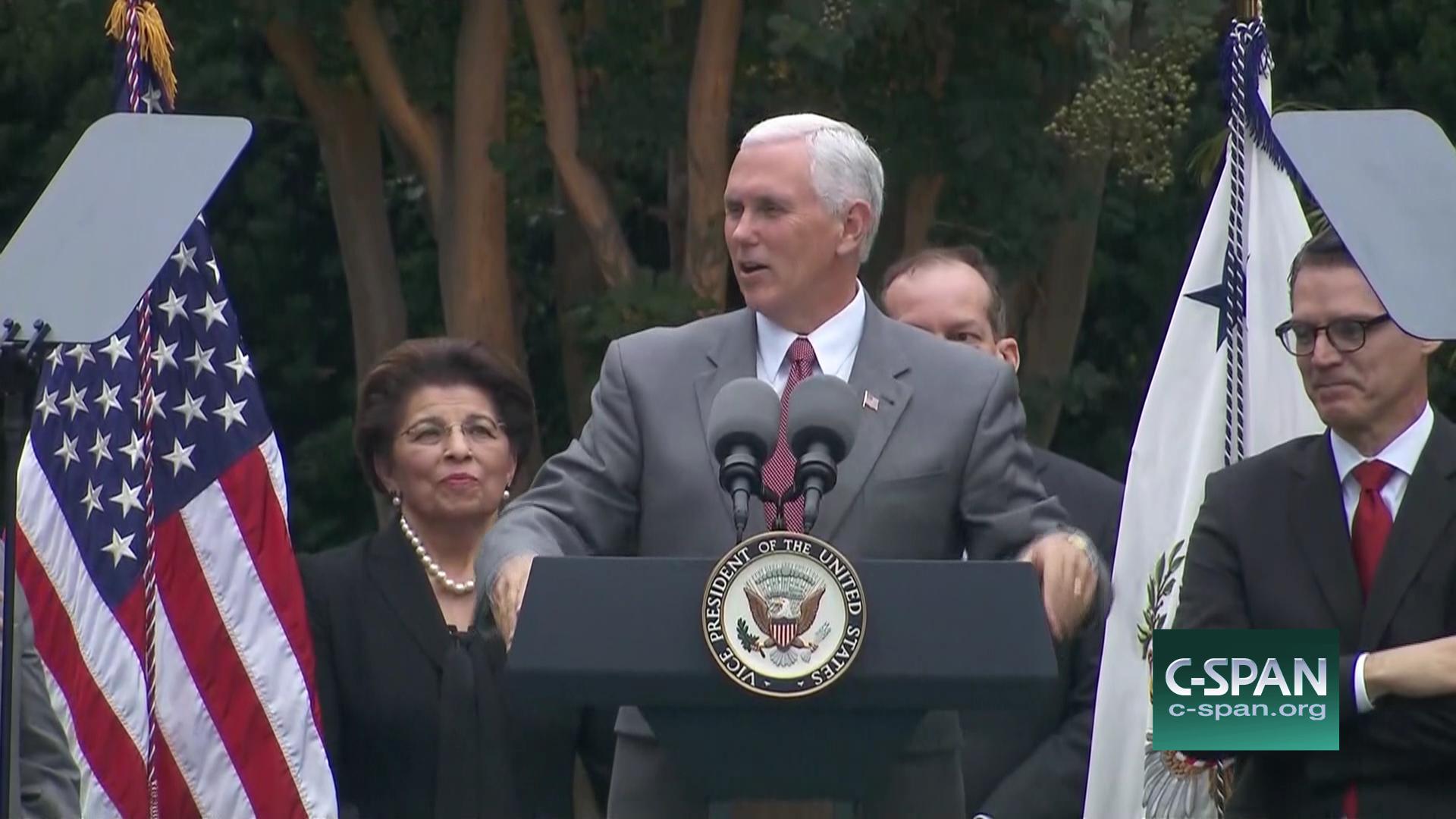THE WHITE HOUSE
Office of the Press Secretary
For Immediate Release
November 8, 2017
BACKGROUND CONFERENCE CALL BY SENIOR ADMINISTRATION OFFICIALS
PRESIDENT TRUMP’S CUBA POLICY
MS. FERRÉ: Good morning, everyone. Thank you so much for joining us for this call. My name is Helen Aguirre Ferré. I am director of media affairs at the White House. Our purpose today is to provide you with an overview of the regulations that implemented the President's Cuba policy he announced in June of this year.
I am joined by representatives of the departments of the Treasury, State, and Commerce on this call. I would like to say that this call is on background. It is not for direct attribution to any member on this call. This is call is embargoed until the end of this call.
Before we get to the meat of the regulations I want to provide a brief reminder of the goals of the policy and changes that we outlined, and this I will pass -- at this point, I will pass to my colleague, who is director of policy for the White House.
SENIOR ADMINISTRATION OFFICIAL: Thank you, Helen. And just before I begin let me just -- as a heads up -- we're expecting a fire drill at some point today in the White House so if for some reason, over the course of the next 30 minutes or so if you hear a fire alarm it is a planned fire drill. We are not being told of the exact time so do not panic. It's all planned. I just want to mention that in case you hear a fire alarm, and we have to leave the call. But hopefully that won't happen within the next 30 minutes.
Thank you so much for joining the call today. Let me just tell you that the purpose of this call is to provide you with a brief overview of the regulations that were released a few minutes ago that implement the President's Cuba policy that he announced in his speech in Miami in June of this year.
As Helen mentioned, we are joined by representatives from the Department of the Treasury, State, and Commerce on this call. And so before we get to the meat of the regulations and before I hand it over to our colleagues from the different departments I want to provide you with a brief reminder of the goals of the policy changes that the President announced in June in Little Havana.
The policy, and more specifically, the regulations that we're announcing today are intended to support compliance with U.S. law, including the embargo in Cuba and the statutory ban on tourism.
We will hold the Cuban regime accountable for oppression and human rights abuses ignored under the previous administration's policy. We will further the national security and foreign policy interests of the United States and those of the Cuban people. And we will lay the groundwork for empowering the Cuban people to develop greater economic and political liberties.
These regulations that we are releasing today -- that were just released today are designed to implement each of these important goals.
I want to thank each of the agencies representative of this call -- Treasury, State, and Commerce -- for their great work over the past five months and for their diligent efforts to implement our new Cuba policy. Our actions today show that we stand with the people of Cuba, and I want to reiterate that improvements to the United States-Cuba relationship will depend entirely on the Cuban government's willingness to improve the lives of the Cuban people, including promoting the rule of law, respecting human rights and taking concrete and specific steps to foster political and economic freedoms. So again, thank you for your participation. And now I'm happy to pass the call to my colleague at the Department of the Treasury.
SENIOR ADMINISTRATION OFFICIAL: Good morning, everyone. I’m from Treasury’s Office of Foreign Assets Control, or OFAC. Thanks to everyone for joining the call. As my colleague mentioned, OFAC, Commerce, and State are taking steps today to implement the changes to the Cuba sanctions program announced by the President in June.
OFAC is amending its Cuban assets control regulations, and these regulatory amendments will become effective tomorrow, November 9th, once they're published in the Federal Register.
In addition to the new regulations, OFAC, Commerce, and State issued a joint fact sheet that you should have received already, and OFAC has new and updated FAQs that go into further detail on these changes. All of OFAC's materials can be found online on OFAC's Cuba webpage.
At the highest level, OFAC's amendments to the Cuban regulations are intended to steer economic activities away from the Cuban military, intelligence, and security services in order to expand economic ties to the private small-business sector in Cuba.
Channeling economic activity away from entities controlled by the Cuban military will encourage the government to move toward greater political and economic freedom for the Cuban people. The amended Treasury regulations on travel help to ensure that the restrictions on travel in Cuba are meaningfully implemented without unnecessarily impacting humanitarian, educational, commercial, or other expressly permitted activities.
In accordance with the National Security Presidential Memorandum, or NSPM, issued by the President in June, Americans will be prohibited from engaging in certain direct financial transactions with entities and sub-entities identified by the State Department on the Cuba Restricted List.
Certain transactions will be excluded from this prohibition pursuant to exceptions detailed in the NSPM. Consistent with the administration's intent in avoiding negative impact on American business and travelers, commercial engagements in place prior to the State Department's listing of any entity or sub-entity will continue to be authorized, as will most previously arranged travel. For example, businesses will be permitted to continue transactions outlined in contingent or other types of contractual agreements agreed to prior to the issuance of the new regulations consistent with other regulatory authorizations.
I'll now defer to my colleague, the coordinator for Cuban affairs at the State Department to discuss this list.
SENIOR ADMINISTRATION OFFICIAL: Thanks. Today the Department of State is publishing its list of restricted entities and sub-entities associated with Cuba, otherwise known as the Cuba Restricted List. As directed by the June 16th National Security Presidential Memorandum, the Department of State identified the entities and sub-entities that are under the control of, or act for or on behalf of the Cuban military, intelligence, or security services or personnel.
The department then developed a list of those identified entities and sub-entities with direct financial transactions with which direct financial transactions would disproportionally benefit the Cuban military, intelligence, or security services or personnel at the expense of the Cuban people or private enterprise in Cuba.
The list is comprised of 180 entities and sub-entities including the Ministries of Interior and the armed forces, holding companies, tourism companies, the Mariel Port and Special Development Zone, and 83 hotels across the island. You can find the Cuba Restricted List on the State Department's website by searching under 'Cuba Restricted List'. It's also published in the Federal Register. We will publish updates to it periodically as the need arises.
I'll turn this over to my Treasury colleagues to explain the regulations and how they will be implemented.
SENIOR ADMINISTRATION OFFICIAL: Thanks. So following up and talking about some of the travel restrictions in accordance with the NSPM, OFAC is making changes to the travel authorizations for people-to-people travel.
As announced by the President in June, OFAC is removing the authorization for individual people-to-people travel. Future people-to-people travel will need to meet two requirements. First, all people-to-people travel must be conducted under the auspices of an organization that is subject to U.S. jurisdiction and that sponsors such exchanges to promote people-to-people contact. And second, such travelers must be accompanied by a person subject to U.S. jurisdiction who is a representative of the sponsoring organization.
Consistent with the administration's interest in avoiding negative impact on Americans for arranging lawful travel to Cuba, certain people-to-people travel that previously was authorized will continue to be authorized where the traveler has already completed at least one travel-related transaction, such as purchasing a flight or reserving accommodations prior to the President's June 16th, 2017 announcement.
With regard to academic educational travel, in accordance with the NSPM, persons subject to U.S. jurisdiction engaging in certain authorized educational travel will now be required to do so under the auspices of an organization that the person is subject to U.S. jurisdiction. These authorized educational travelers will now also be required to be accompanied by a person subject to U.S. jurisdiction who is a representative of the sponsoring organization, unless the traveler is the representative and obtained a certification letter from the sponsoring organization.
Again, consistent with the administration's interest in avoiding negative impacts on Americans for arranging lawful educational travel to Cuba, certain educational travel that was authorized will continue to be authorized where the traveler has already completed at least one travel-related transaction prior to tomorrow when the regulations become effective.
In accordance with the NSPM, OFAC is also requiring under the support for the Cuban people travel category, that each traveler engage in a full-time schedule of activities that result in meaningful interaction with individuals in Cuba. Such activities must also enhance contact with Cuban people, support civil society in Cuba, or promote the Cuban people's independence from Cuban authorities.
So, staying in a room in a rented accommodation of private Cuban residents, known as casa particular, or eating at privately owned Cuban restaurants known as paladares, and shopping at privately owned stores run by self-employed Cubans, cooperativistas are example of authorized activities. However, in order to meet the requirement of the full-time schedule, a traveler must engage in additional authorized support for the Cuban people activities.
Finally, in accordance with the NSPM, OFAC's amending the definition of the term “prohibited officials of the government of Cuba” to include certain additional individuals. This definitional change will affect the scope of certain existing authorizations.
In conclusion, these amendments to the Cuban regulations implement the President's new Cuba policy to ship resources to the Cuban private sector and the nascent middle class. These regulatory changes take effect tomorrow, when the regulations are published in the Federal Register.
Now, I'll turn it over to my colleague from the Commerce Department's Bureau of Industry and Security.
SENIOR ADMINISTRATION OFFICIAL: Thank you, and good morning to everyone. This is the deputy assistant secretary of Commerce for export administration. Our bureau, the Bureau of Industry and Security, will be implementing the President’s Cuba policy -- articulated in the NSPM -- through amendments to our export administration regulations, as they relate to exports, re-exports, and in-country transfers to Cuba and in Cuba.
And our amendments fall into three baskets -- licensing policy, for things that require individual licenses for export to Cuba; and then some changes to parties who are potentially eligible for license exceptions, which are general authorizations; as well as changes to exports to the Cuban private sector.
Specifically, we will amend our regulations to reference the State Department’s Cuba Restricted List for licensing policy. So that potential exporters know that if they have a transaction they’d like to undertake with one of those entities, it will likely be denied.
But exports that are consistent with the NSPM such as agricultural commodities, medicines, medical devices, and items for use by the Cuban private sector will still be approved, likely.
The second thing is, as my colleague mentioned, the expanded list of prohibited Cuban government officials. This is a limitation on three license exceptions or general authorizations we have -- consumer communication devices, support for the Cuban people, and gift parcels. There will be additional universal parties in Cuba who will not be eligible to receive goods under these license exceptions for general authorizations.
And the third change we’re doing is simplifying expanding our license exception called “support for the Cuban people” to make it clear that items that will be eligible for this license exception or general authorization are any items to be used by the Cuban private sector for private-sector economic activities to support free enterprise in Cuba.
An example would be kitchen appliances going to the private sector for use in constructing or renovating privately owned homes. Another example would be vehicles for use by private-sector taxi operators. Those are the kinds of things that will be allowed to go under this general authorization or license exception.
As with the Treasury’s amendment, this regulation of ours will become effective tomorrow, and we will also have a revised set of frequently asked questions up on our website for those who are interested in more detail on the impact of these changes.
So that’s the summary of the changes to the export administration regulations by Department of Commerce.
MS. FERRÉ: Thank you very much. And now we're going to open up, operator, for questions. As a reminder to everyone, this is all embargoed until the end of this call. Everyone, this on background, not for attribution. We have a senior White House official. We have a senior official from the Department of State, from Treasury, and Commerce.
Q Good morning, this is Michelle Caruso-Cabrera from CNBC. I’ve read through these and I just want to understand very clearly. If somebody is going to travel with one of the organizations that are allowed to do people-to-people travel, once these regulations are published tomorrow, those individuals and those people-to-people organizations -- licensed organizations -- cannot place individuals into these hotels, correct?
And to what degree do we know that they’ve been staying in the hotels that are listed here? And how many -- future travels would have to change location or go to an Airbnb, et cetera?
SENIOR ADMINISTRATION OFFICIAL: So this is Treasury, if I understand the question right, if the accommodations or the arrangements have already been made for the travel, they can move forward with travel that’s already been authorized -- already been arranged.
So, if you’ve already booked your flights, if you’ve already booked in a hotel that’s on the list, then you can move forward with that trip. After the regulations become effective tomorrow, then you will not be allowed to do a people-to-people trip that would stay in one of those hotels that’s on the list.
So again, we’re not trying to impact travel that has already been booked or arranged, we are trying to make changes for the future.
Q And how did you pick these specific hotels, and to what degree do you know that they're being used currently by people-to-people licensed organizations?
SENIOR ADMINISTRATION OFFICIAL: Hi, this is State. We have our economic specialist on the line as well. Can you ask the question again?
Q So to -- how did you pick these specific hotels? Because there are other hotels there. And to what degree do you know whether or not currently licensed people-to-people organizations are staying in hotels on the list, and therefore, in the future would have to pick other places?
SENIOR ADMINISTRATION OFFICIAL: So, with regard to the first part of the question, any entity identified as being controlled by the military, intelligence, or security services was evaluated within the guidelines laid out by the NSPM.
The department listed those entities with which direct financial transactions would disproportionately benefit Cuba’s military, intelligence, or security services or personnel at the expense of the Cuban people or private enterprise in Cuba consistent with U.S. national interests.
Some entities controlled by the military, intelligence, or security services or personnel did not meet these criteria and therefore would not appear on the list.
Q Hi, this is (inaudible) with The Hill. I'm just wondering, entities that are included on the prohibited list, would they be able to challenge that, and if so how would that process work?
SENIOR ADMINISTRATION OFFICIAL: Well, we update it periodically based on information that we receive at the State Department. So information we receive we’d evaluate and determine whether it would meet the criteria for changes to the list.
Q Hello, I'm Ambrosio Hernandez, chief anchor here at Channel 23 News Univision Miami. The question is about the Americans -- if I understood correctly -- visiting casas particulares y palabras in Cuba. But then, it was added that they must also engage in support for the Cuban people. Can you explain that to us and also about the packages to Cuba? What is allowed and what is not allowed? Thank you.
SENIOR ADMINISTRATION OFFICIAL: So, thank you. This is Treasury answering the question. First, I'll appreciate that you pronounced the terms better than I did, and what we tried to emphasize that is staying or eating or shopping in some of those privately owned places is something that we wanted to encourage. But what we wanted to say is that that alone is not enough. So, if you stay in one of the privately owned accommodations or eat at a paladares, that alone won't be enough. But, we've always had the support for the Cuban people category. And so what we're saying is that can be -- those will be some of the factors that you can use to demonstrate your support for the Cuban people but you should plan on additional activities that would support the Cuban people.
We actually put out an FAQ that references this that will give us a little bit more detail. I think it's also maybe addressed in our press release to try to make sure we're as clear as can be.
SENIOR ADMINISTRATION OFFICIAL: On the question -- the second part of the question, items eligible for gift parcels, those are generally items that would normally be exchanged in a gift arrangement. The changes that we're making at Commerce to our regulations expand the list of individuals in Cuba who are not eligible to receive such gift parcels. And, as you can expect, they're generally people affiliated with the Communist Party, the government, the military, the intelligence, and security services.
Q My name is Chris Clayton. I'm an editor from DTN/The Progressive Farmer. And I’m curious, we've had some major manufacturers such as John Deere and Caterpillar just announce that they were going to be sending equipment to Cuba after cutting a deal with the Cuban government. Would these business arrangements that have already just recently been announced suddenly now be halted or restricted?
And also you mentioned agricultural exports will be approved likely. What restrictions might there be placed on agricultural exports to Cuba? Thank you.
SENIOR ADMINISTRATION OFFICIAL: So both types of transactions go through the filter that's been described, which is under the Commerce regulations, we would look at whether they're going to entities in the Cuban government that primarily generate revenue for the state. That preexisted these changes. The additional licensing policy is items going directly to any party on the State Department's Cuba Restricted List would also likely be denied. So I can't speak to any specifics of any particular transaction. But those are the policies that we would apply to proposed exports of farm equipment, construction equipment, agricultural items to Cuba.
SENIOR ADMINISTRATION OFFICIAL: And from the Treasury side, I’d say that we made it explicit consistent with the administration's desire to avoid negative impacts on American business. We're saying the commercial engagements that were in place prior to the State Department's listing of any entity or sub-entity will continue to be authorized.
So if you had a contract in place before the State Department lists the entity, then you'll be allowed to continue with the contract.
SENIOR ADMINISTRATION OFFICIAL: And that's the same for Commerce. Even if a U.S. party has a Commerce export license, that would be essentially grandfathered, even if prospectively it wouldn't be approved if it came in later, after the regs became effective.
Q Yes, I’m Patrick Oppmann from CNN in Havana. Wondering why the Four Points Sheraton, which is a U.S. hotel that is a joint venture with Gaviota, which, of course, is one of the companies that's prohibited, was left off the list? Was that on purpose because Sheraton is a U.S. company?
SENIOR ADMINISTRATION OFFICIAL: Look, similar to the answer to the previous question, we assessed how listing identified hotels would affect the Cuban people and whether doing so advances the interests of the United States. In coordination with OFAC, we made the determination that it wouldn't fall under it.
Q Hi, everyone. It's Olivier Knox at Yahoo News. I want to make this practical. How does life change for an American who wants to visit Cuba aboard a cruise ship and bring $100 of rum and cigars? And can you say whether the timing of this announcement is in any way connected to those sound attacks against American diplomats in Havana?
SENIOR ADMINISTRATION OFFICIAL: Look, this list and all of the regulations related to it have nothing to do with the acoustic incidents. All of this is done in accordance with the requirements under the NSPM.
SENIOR ADMINISTRATION OFFICIAL: And from the Treasury perspective, the rules that you referenced didn't change. You're still allowed to travel by the means that you mentioned. You're still allowed to bring back under the 10 quantities that have been in our rules, as long as you're fitting within the revised travel categories that we put out in our regulations.
Q Hey, Josh Lederman, from the Associated Press. Thanks for doing the call.
I was wondering if you could tell us how you're going to police these new changes? For instance, when an American comes back from Cuba, are there going to be OFAC inspectors that ask to see their itinerary to make sure they have sufficient support from the Cuban people? And what are the potential repercussions for Americans who do not comply with the rules that you're outlining today?
SENIOR ADMINISTRATION OFFICIAL: So this is Treasury, again, OFAC. The repercussions are the same as what they have been. I'll start with that part first. As we have enforcement authority, there are penalties. And for willful violations, they can be referred for a criminal prosecution.
In terms of how we'll police it, we'll police it as we have. And we have additional mechanisms in the regulations to ensure that we can. So we rely on all sorts of information that we get from a variety of the agencies. I wouldn't expect to see OFAC at every border point, but I think we can rely -- as we have relied on in the past -- on our interagency colleagues in Customs Border Patrol, all of the agencies that supply us information.
We also have included in the regulations some additional requirements about certain travelers getting letters, making sure that there are documented reasons. And everyone has to make sure that they retain records pursuant to our record-keeping requirements. Because if we have concerns about travel or any other type of transaction that could potentially violate our regulations, then we can come to you and ask you for and review the transaction.
SENIOR ADMINISTRATION OFFICIAL: And then for Commerce, we continue to use our long-standing export enforcement authority to look at a variety of information to determine whether there are potential violations of the Commerce regulations on exports, re-exports to Cuba.
Q Hi, it's Karen DeYoung at the Washington Post. Just following up on the previous question, in the past when restrictions were tighter than they have been in the last few years, the enforcement was -- I think it's fair to say -- fairly lax. And I wonder if you plan on hiring new people to control borders, if travelers should expect to spend more time, if this is going to affect airline flights into government-owned airports for Cuba?
SENIOR ADMINISTRATION OFFICIAL: This is Treasury, OFAC again, I think I disagree with your characterization that our enforcement has been fairly lax. I think when we've seen violations, we've gone after those violaters. We continue to have Cuba-related penalties throughout administrations over time, and we will continue to do so when we see violations. But I think I've already hit that part of your question in response to the previous one.
Thank you very much.


























